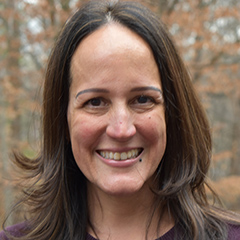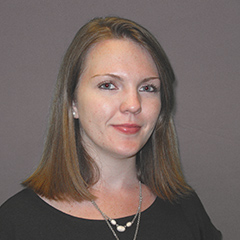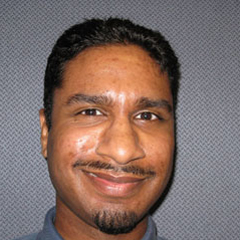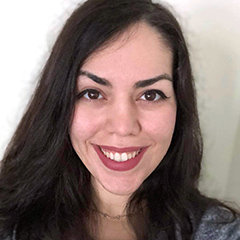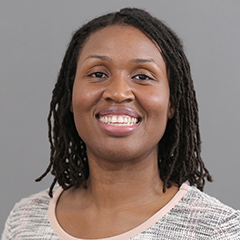The goal of equitable research in social policy is to dismantle barriers to well-being and improve outcomes for communities. For data collection experts, advancing equity often means paying attention to how we can change our instrument design, staff training, and participant recruitment practices to become more inclusive, so that our methods reflect the perspectives of people most affected by the research. To achieve this goal, project teams increasingly invite people with lived experience to participate in planning and data collection, hire diverse cohorts of staff, and invite community partners to advisory boards and work groups.
As teams become more diverse, project leads—and team members—must continuously reflect on how power dynamics in the team reinforce who has authority and who does not. A team that invites new partners and staff to share perspectives, but does not change the structure, hierarchy, or communication practices used to make decisions, reinforces power dynamics in which only some members of the team have authority. Improving team diversity without actively reducing power inequalities undermines efforts to engage in research practices that are crafted with the input of marginalized voices. This input could play an integral role in helping the team to create and develop data collection practices that can dismantle systemic barriers and achieve fair outcomes Here are some questions to consider when trying to make data collection teams more authentically inclusive:
- What does my meeting agenda say about team dynamics?
Meeting agendas can often reveal the nature of power dynamics in teams. What topics are included on our agendas? Who gets to make decisions? Who is invited to give input on agenda topics or decisions? Who is cut when the agenda is too crowded? Is there a difference between who is doing the work and who gets to share progress on that work during a meeting? Decisions about what should be discussed in meetings and who is encouraged to speak can often point to a pattern in how power inequalities are reinforced. Consistently limiting the same perspectives to prioritize efficiency and expediency undermines efforts to make more inclusive decisions about collecting data.
- Are my communication practices reducing or reinforcing power inequalities?
Power inequalities on project teams are often reinforced through communication and documentation practices. The language we use is not just a means of communication, but a reflection of our values, assumptions, and the power structures we have legitimized. Using plain language, reducing unnecessary jargon, and creating opportunities for every team member to learn unfamiliar terms can help ensure the inclusion of a wider range of perspectives. Acknowledging that various types of expertise are communicated differently can change power dynamics on teams where only a select few are perceived to have authority.
Similarly, our documentation practices demonstrate whose contributions are prioritized and what knowledge becomes institutionalized as legitimate. Our documents often catalog best practices and what we have learned, but without collaborative input, we are only keeping a partial record of what we know. Inclusive teams are intentional about what is documented, how it is documented, and who has authority to contribute to documents the team produces as part of the research.
- Are team roles and tasks assigned to improve inclusion and equity in data collection?
Another way to understand team power dynamics in data collection practices is to examine how it distributes its work. For example, when we rely on a multilingual staff member to create and refine a culturally responsive instrument, is that person included in decisions at the initial design stage? Does that person participate in decision making about analysis? Are we incorporating their perspectives or merely asking them to execute a decision that has already been made? Are we creating space for co-creation with team members with lived experience or are we only asking them to complete discrete tasks? At what point is the instrument translated and adapted for cultural responsiveness—is it only after all other major decisions have already been made? Reducing power inequalities in data collection practices means that we regard team members with lived experience and diverse perspectives as essential to brainstorming, planning, and design, not just the execution of tasks.
- How do I respond to challenging feedback?
Creating inclusive teams where power inequalities are reduced means having to change well-established practices—which often requires listening to often uncomfortable feedback. If we say we want diverse teams in which team members have agency to speak out and propose change, what exactly do we mean? Do we ignore or disregard input when our expertise is challenged? Do we acknowledge feedback only when it feels comfortable or when it comes from someone we consider a peer? Are our consensus-building strategies encouraging diverse perspectives or simply reinforcing established views? Becoming comfortable with being uncomfortable can enable us to learn something new or to consider changes in data collection practices and methods.
Managing power dynamics in data collection teams is an essential component in establishing data collection practices that lead to more equitable outcomes. Diverse teams become truly inclusive when teams create authentic opportunities for co-design and co-creation, and when multiple perspectives are not only heard or acknowledged but legitimized through collaborative decision making. Ultimately, our teams reflect the extent of our commitment to doing research that improves the lives of more of us.


